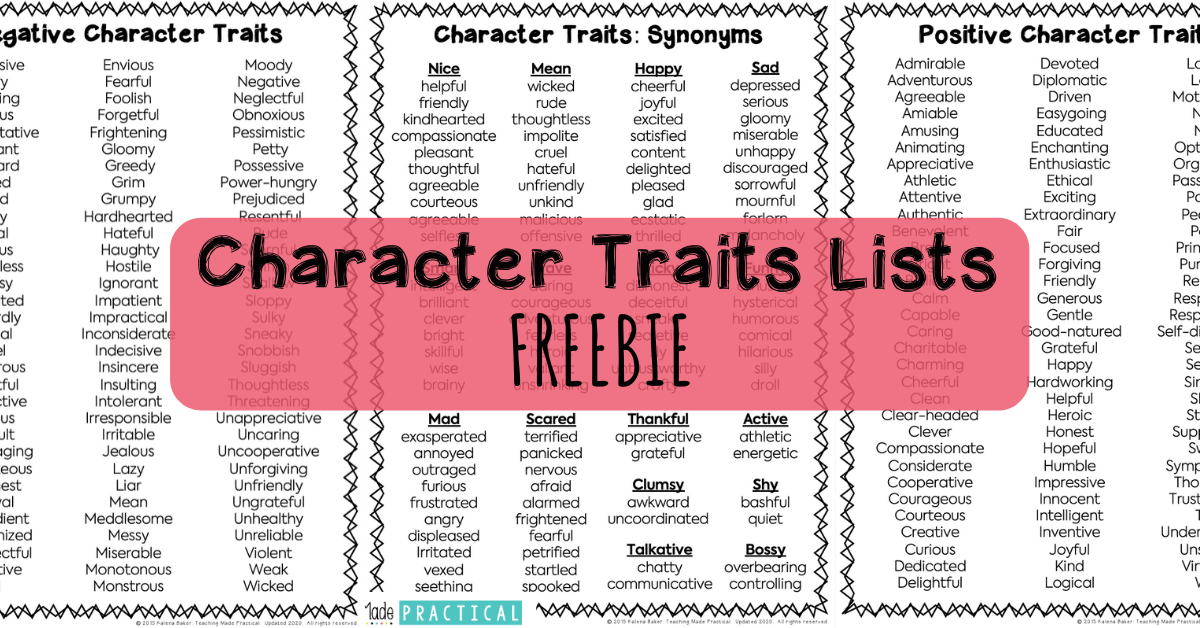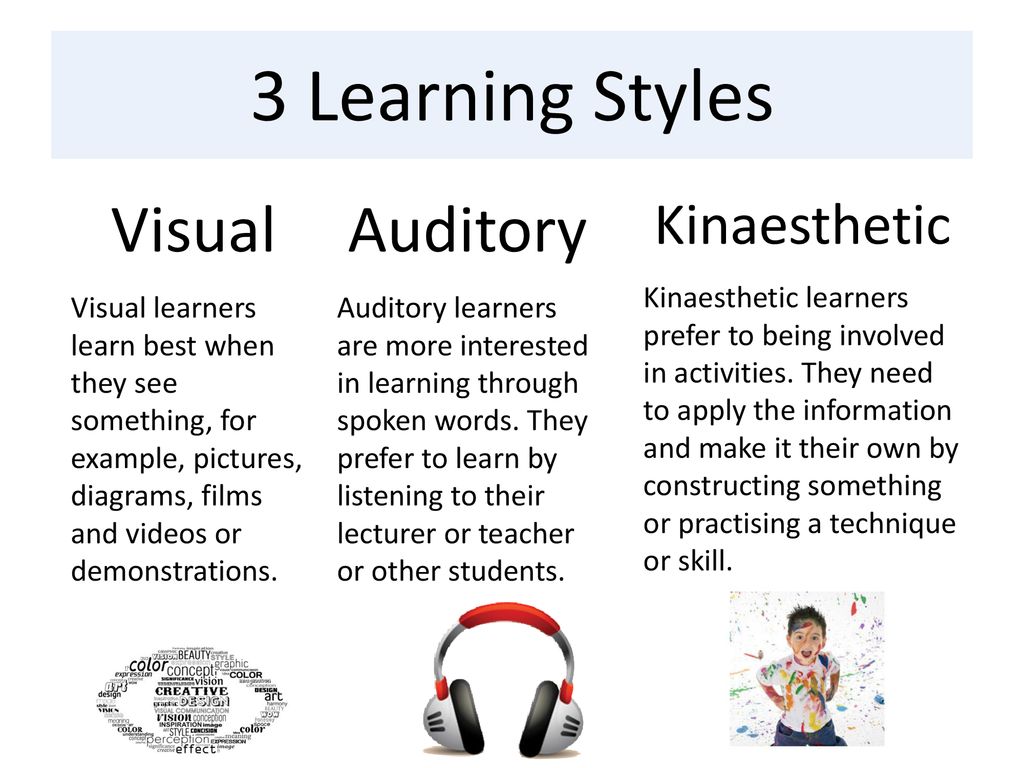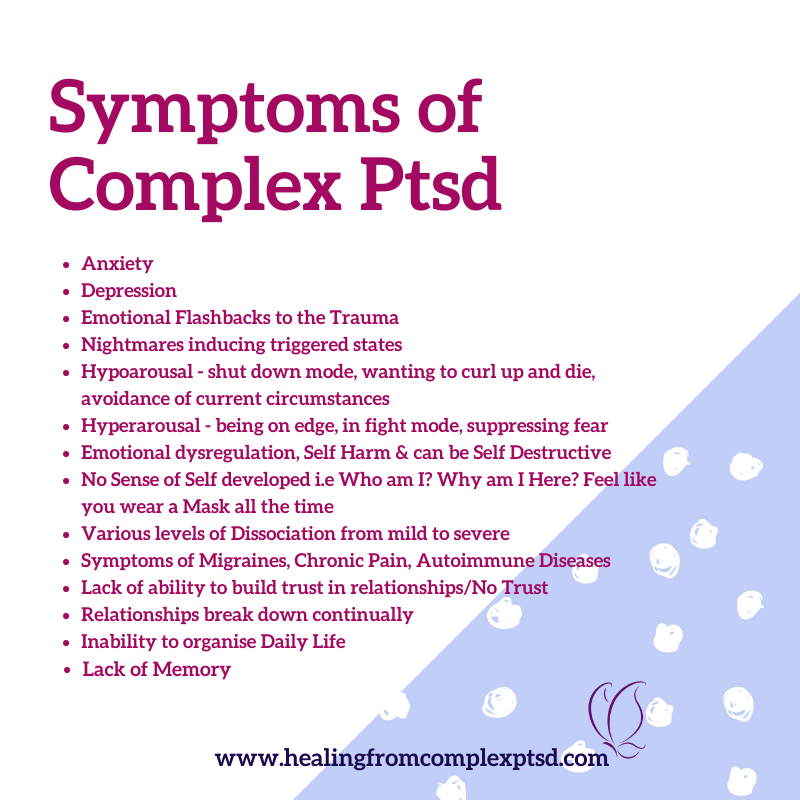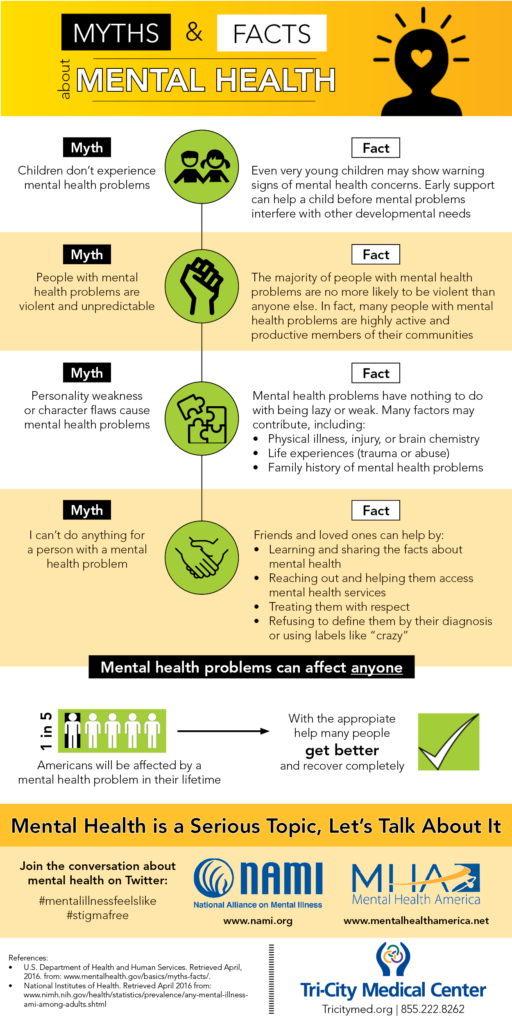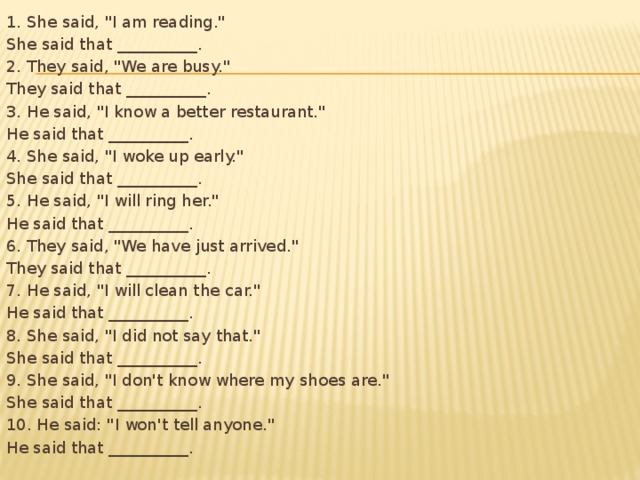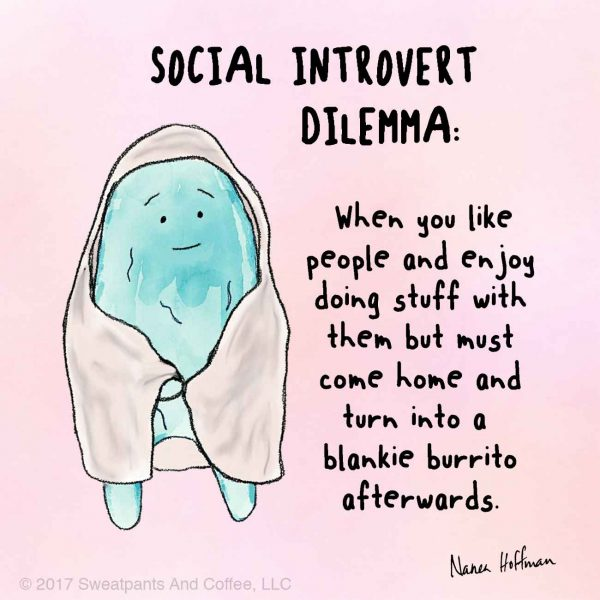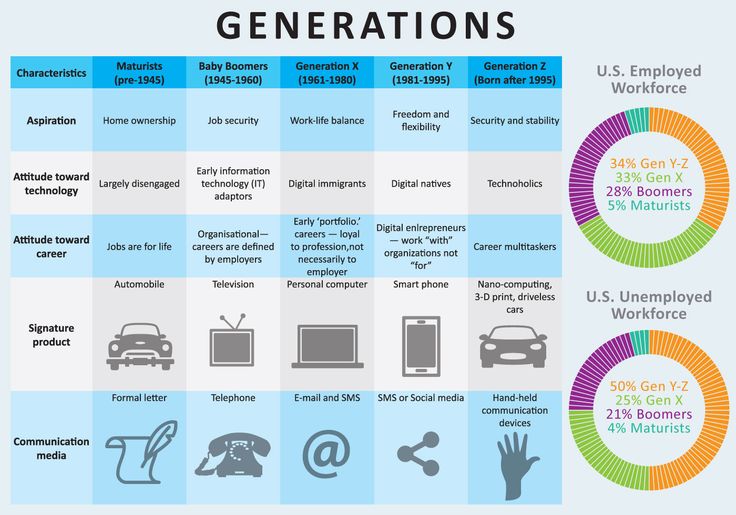We fear rejection
What Are We Really Afraid Of?
The fear of rejection is one of our deepest human fears. Biologically wired with a longing to belong, we fear being seen in a critical way. We’re anxious about the prospect of being cut off, demeaned, or isolated. We fear being alone. We dread change.
The depth and flavor of fear varies for each individual, although there are common elements at play. If we’re willing to look, what is our actual felt experience of rejection? What are we really afraid of?
On a cognitive level, we may be afraid that rejection confirms our worst fear — perhaps that we’re unlovable, or that we’re destined to be alone, or that we have little worth or value. When these fear-based thoughts keep spinning in our mind, we may become agitated, anxious, or depressed. Cognitively-based therapies can help us identify our catastrophic thoughts, question them, and replace them with more healthy, realistic thinking. For example, if a relationship fails, this doesn’t mean that we are a failure.
From an experiential or existential viewpoint (such as Eugene Gendlin’s Focusing), working with our fear of rejection or actual rejection involves opening to our felt experience. If we can have a more friendly, accepting relationship with the feelings that arise within us as a result of being rejected, then we can heal more readily and move on with our lives.
A big part of our fear of rejection may be our fear of experiencing hurt and pain. Our aversion to unpleasant experiences prompts behaviors that don’t serve us. We withdraw from people rather than risk reaching out. We hold back from expressing our authentic feelings. We abandon others before they have a chance to reject us.
Being human, we long to be accepted and wanted. It hurts to be rejected and to experience loss. If our worst fear materializes — if our catastrophic fantasy becomes a reality and we’re rejected — our organism has a way of healing if we can trust our natural healing process. It’s called grieving. Life has a way of humbling us and reminding us that we’re part of the human condition.
Life has a way of humbling us and reminding us that we’re part of the human condition.
If we can notice our self-criticisms and tendency to sink into the shame of being a failure and accept our pain just as it is, we move toward healing. Our suffering is intensified when not only do we feel hurt, but we think something’s wrong with us for feeling it.
If we risk opening our heart to someone who rejects us, it doesn’t have to be the end of the world. We can allow ourselves to feel sorrow, loss, fear, loneliness, anger, or whatever feelings arise that are part of our grieving. Just as we grieve and gradually heal when someone close to us dies (often with the support of friends), we can heal when faced with rejection. We can also learn from our experience, which allows us to move forward in a more empowered way.
I hope I’m not making this sound easy. I’ve often been in the room with clients who have experienced a devastating loss when their hopes and expectations were rudely dashed, especially when old traumas were being reactivated.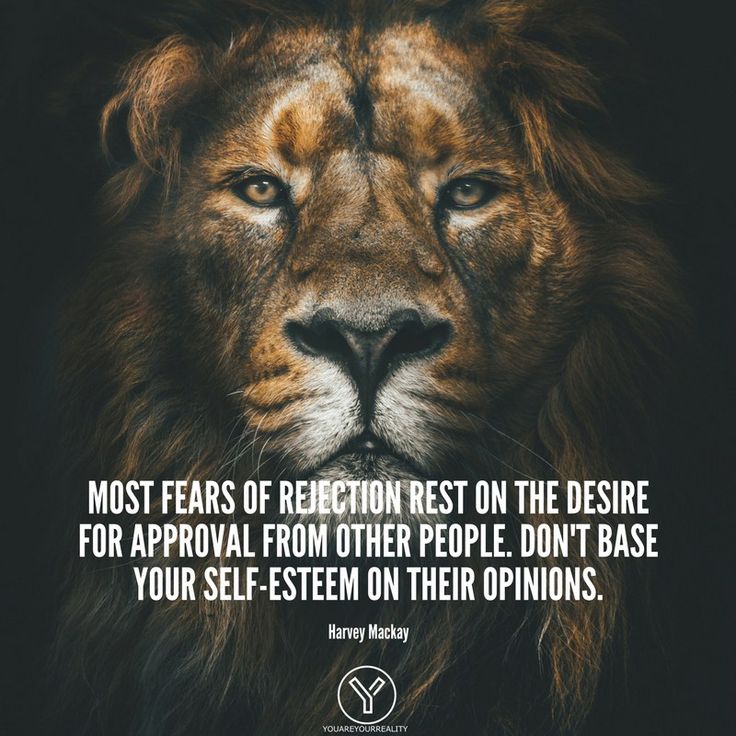 We may benefit by processing our feelings with a caring, empathic therapist, as well as availing ourselves of trusted friends who know how to listen rather than dispense unwanted advice.
We may benefit by processing our feelings with a caring, empathic therapist, as well as availing ourselves of trusted friends who know how to listen rather than dispense unwanted advice.
The term “personal growth” is often used loosely, but perhaps one meaning is to cultivate inner resilience by acknowledging and even welcoming whatever we’re experiencing. It takes courage and creativity to bring a gentle awareness to what we may like to push away.
As we become more confident that we can be with whatever experience arises as a result of connecting with people, we can initiate, deepen, and enjoy relationships in a more relaxed and fulfilling way. As we become less afraid of what we’re experiencing inside — that is, less afraid of ourselves — we become less intimidated by rejection and more empowered to love and be loved.
Deconstructing the Fear of Rejection
Mahalie/Flickr
The fear of rejection is one of our deepest human fears. Biologically wired with a longing to belong, we fear being seen in a critical way. We’re anxious about the prospect of being cut off, demeaned, or isolated. We fear being alone. We dread change.
We’re anxious about the prospect of being cut off, demeaned, or isolated. We fear being alone. We dread change.
The depth and flavor of fear varies for each individual, although there are common elements at play. If we’re willing to look, what is our actual felt experience of rejection? What are we really afraid of?
On a cognitive level, we may be afraid that rejection confirms our worst fear—perhaps that we’re unlovable, or that we’re destined to be alone, or that we have little worth or value. When these fear-based thoughts keep spinning in our mind, we may become agitated, anxious, or depressed. Cognitively-based therapies can help us identify our catastrophic thoughts, question them, and replace them with more healthy, realistic thinking. For example, if a relationship fails, this doesn’t mean that we are a failure.
From an experiential or existential viewpoint (such as Eugene Gendlin’s Focusing), working with our fear of rejection or actual rejection involves opening to our felt experience. If we can have a more friendly, accepting relationship with the feelings that arise within us as a result of being rejected, then we can heal more readily and move on with our lives.
If we can have a more friendly, accepting relationship with the feelings that arise within us as a result of being rejected, then we can heal more readily and move on with our lives.
A big part of our fear of rejection may be our fear of experiencing hurt and pain. Our aversion to unpleasant experiences prompts behaviors that don’t serve us. We withdraw from people rather than risk reaching out. We hold back from expressing our authentic feelings. We abandon others before they have a chance to reject us.
Being human, we long to be accepted and wanted. It hurts to be rejected and to experience loss. If our worst fear materializes—if our catastrophic fantasy becomes a reality and we’re rejected—our organism has a way of healing if we can trust our natural healing process. It’s called grieving. Life has a way of humbling us and reminding us that we’re part of the human condition.
If we can notice our self-criticisms and tendency to sink into the shame of being a failure and accept our pain just as it is, we move toward healing. Our suffering is intensified when not only do we feel hurt or grief, but we think something’s wrong with us for feeling this.
Our suffering is intensified when not only do we feel hurt or grief, but we think something’s wrong with us for feeling this.
If we risk opening our heart to someone who rejects us, it doesn’t have to be the end of the world. We can allow ourselves to feel sorrow, loss, fear, loneliness, anger, or whatever feelings arise that are part of our grieving. Just as we grieve and gradually heal when someone close to us dies (often with the support of friends), we can heal when faced with rejection. We can also learn from our experience, which allows us to move forward in a more empowered way.
I hope I’m not making this sound easy—or that we can heal on our own without support. I’ve often been in the room with clients who have experienced a devastating loss when their hopes and expectations were rudely dashed, especially when old traumas were being reactivated. We may benefit by processing our feelings with a caring, empathic therapist, as well as availing ourselves of trusted friends who know how to listen rather than dispense unwanted advice.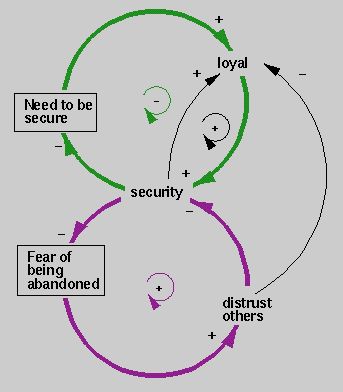
The term “personal growth” is often used loosely, but perhaps one meaning is to cultivate inner resilience by acknowledging and even welcoming whatever we’re experiencing. It takes courage and creativity to bring a gentle awareness to what we may like to push away.
As we become more confident that we can be with whatever experience arises as a result of connecting with people, we can initiate, deepen, and enjoy relationships in a more relaxed and fulfilling way. As we become less afraid of what we’re experiencing inside—that is, less afraid of ourselves—we become less intimidated by rejection and more empowered to love and be loved.
© John Amodeo
Thanks for reading my article. If you like it, you might consider checking out my book, Dancing with Fire: A MIndful Way to Loving Relationships.
60 life hacks on how to overcome the fear of rejection
Everyone is afraid of being rejected, but not everyone tries to overcome this fear. Entrepreneur Jia Jiang made ridiculous requests to strangers for 100 days and recorded it on camera. Then he called it failure therapy.
Then he called it failure therapy.
Jia Jiang
Entrepreneur, blogger, author, founder of a company that helps people deal with fears through rejection therapy.
1. Not everyone is ready to meet you. When faced with a rejection, ask for an explanation and try to work around it. nine0003
2. Negotiating with several people at once is much more difficult than with one person. When asking for something, it's better to communicate with the person face to face.
3. Try to make your interlocutor laugh, then communication will definitely not turn into raised tones.
4. When you ask for something, it is very important to appear confident.
If you come off as knowledgeable, you are much more likely to get a positive answer. nine0003
5. If you are asked for something, but you do not have time to fulfill this request, offer alternative solutions to the problem. Say, for example, "Unfortunately, I can't do this right now because... But I know a few good people who can help you."
Say, for example, "Unfortunately, I can't do this right now because... But I know a few good people who can help you."
6. If you are kind and friendly at the time of rejection, it will be impossible to get angry with you.
7. Even if your offer is very attractive, you can still be rejected if you do not give a convincing reason why the interlocutor should agree. The next time you offer something, be sure to use the words "because." nine0003
8. Remember to always ask why after "no".
Even if the interlocutor's opinion cannot be changed, it is always useful to find out the reason for the refusal.
9. The world is full of amazing experiences and people that we don't even know about because of our constant rush.
10. If you are very nervous before making a request, stop and take a deep breath. You will feel much more confident when you take your time and carefully pronounce every word.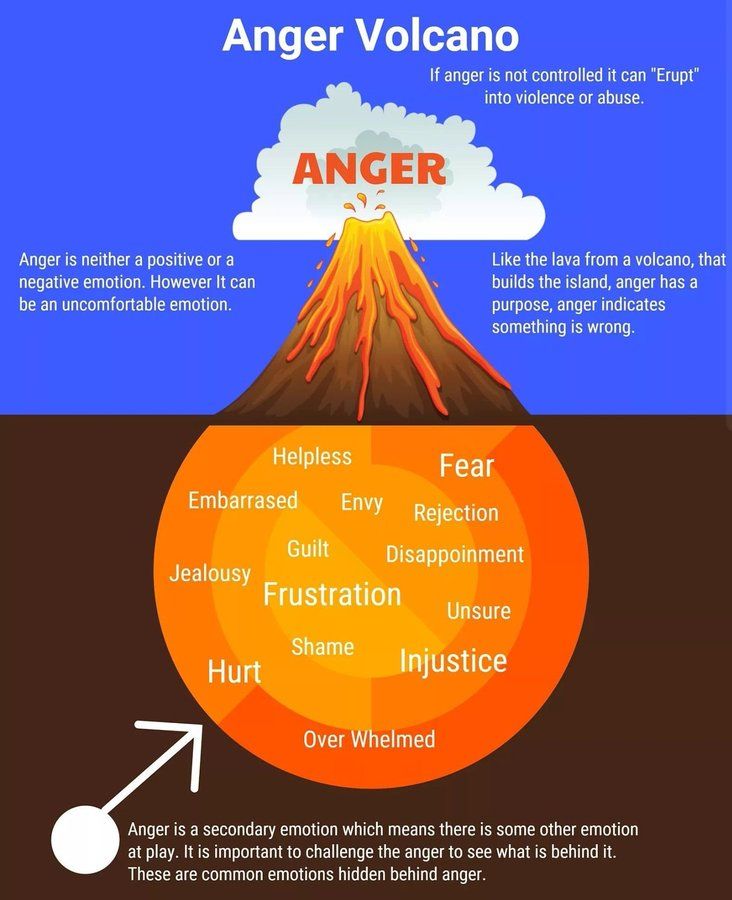 nine0003
nine0003
11. People tend to speak well of others. Don't be afraid to ask someone to compliment you and compliment yourself. You will see, both you and the interlocutor will become a little happier.
12. In business negotiations, the first "no" should not be the end of the discussion. Very often you and the other party can find an alternative solution. Always try to keep your cool and don't get stuck on one option.
13. Marketing and persistence won't help you if you don't have the right access channel. nine0003
Sometimes you get rejected not because of what or how you say it, but because of who you say it to.
14. If you feel that the person does not intend to continue the conversation with you, do not try to convince him. And don't take it personally.
15. If you have something to offer, don't be afraid to do so. It is possible that someone is just looking for it now.
16. Whether you're pitching your product to customers or asking passers-by for donations, always make it clear where the money will go. nine0003
17. Humor is good, but don't overdo it. A clumsy or inappropriate joke can cost you dearly.
18. One of the most effective ways to turn someone down is to turn the conversation around.
People most of all like to talk about themselves and their interests.
If you talk to the interlocutor, you will be able to avoid a conflict situation.
19. It is important for sales to know your customers and their needs. When the client has made it clear what he needs and what not, you should not try to impose your opinion on him. nine0003
20. Of course, customer service representatives have the right to say no to a specific request or take some time before agreeing. But only without hesitation said “yes” and additional efforts will delight the client and make him come back.
21. Before asking for something, express your respect to the person. Just don't be flattering and don't try to manipulate, try to be sincere.
22. Do not be afraid to offer a person the services that he himself provides. After all, if someone prepares food for others every day, this does not mean that he himself will refuse lunch. nine0003
23. During any negotiation, always keep in mind not only the main but also the secondary goal.
People don't like to say "no" twice in a row. If you are denied the first request, they may agree to the second.
24. People prefer not to refuse directly, but through intermediaries. Therefore, whenever possible, always negotiate with the one who makes the decision, and not with his subordinates.
25. Whatever you try to achieve, perseverance is the key to success. nine0003
26. Be aware that asking for another person may involve risk or obstacles. Suggest something that will reduce risk or remove obstacles. For example, if you want to get a job, offer to work for a week without pay. If you want to sell something, offer the client the first 10 days to use the product for free.
Suggest something that will reduce risk or remove obstacles. For example, if you want to get a job, offer to work for a week without pay. If you want to sell something, offer the client the first 10 days to use the product for free.
27. Try turning the request for a favor into a challenge. For example, by saying: "Most would not do this, but we would appreciate it if you could help us." Just make it clear that you are asking for a service so that it does not seem like a scam. nine0003
28. Don't agree if you're not sure you can keep your promise.
The golden rule of working with clients: "Promise less, do more."
29. Inaction is much more frightening than action. After all, if we strive for something and get rejected, then we try to become better.
30. Neglect is a form of rejection. If you treat someone with disdain, do not be surprised that this person will reject you as a result.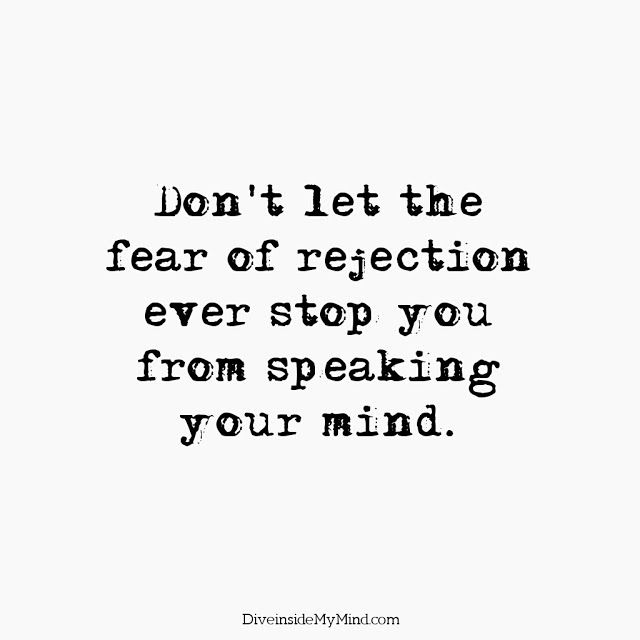 nine0003
nine0003
31. Before asking for something, try to establish contact with the person and find mutual understanding. This is one of the oldest and most effective communication techniques.
32. Do not forget that people in power are, first of all, people. They follow the same rules as everyone else. Behave with them naturally, otherwise you can get not only a rejection, but also something worse.
33. In most cases of interpersonal interaction, including during transactions and negotiations, you will be calmer if you know that the interlocutor is on your side. Confidence will help you achieve what you want. nine0003
34. If you are a business owner, don't be afraid to test your ideas and get rejected by clients.
You will only know if your product is good when it is in the hands of customers.
35. Sometimes a request can be so strange that you will simply be denied automatically.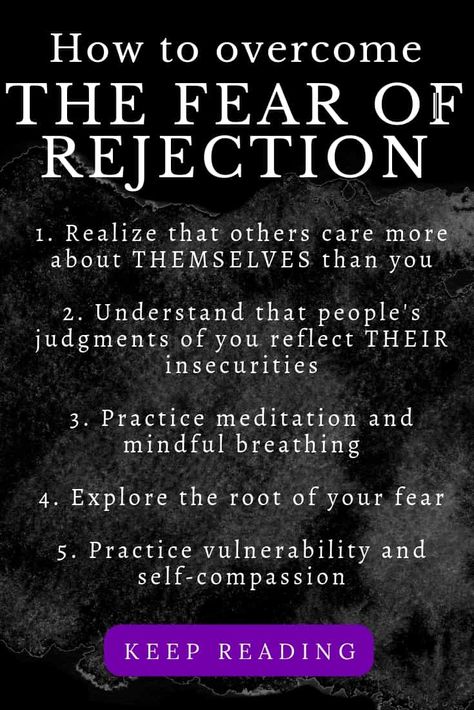 So before you ask, explain why you need it. And if you are still told "no", do not forget to ask why.
So before you ask, explain why you need it. And if you are still told "no", do not forget to ask why.
36. No matter how hard the conversation is, try not to give in to negative emotions. Only then can you count on a positive response from the interlocutor.
37. When someone explains the reason for a rejection by referring to a third party, system, or organization, try to separate their interests from the organization. Just don't jeopardize the interlocutor's relationship with a third party.
38. Fear often makes us reject ourselves before others reject us. nine0003
39. No matter how difficult, frightening or absurd the situation may be, practice will always help. If the fear of rejection stops you, just practice getting rejected. When you find yourself in awkward situations again and again, your fear will soon disappear.
40. Remember the words of Bruce Lee: "If you always set limits on what you can do, physical or otherwise, you might as well be dead.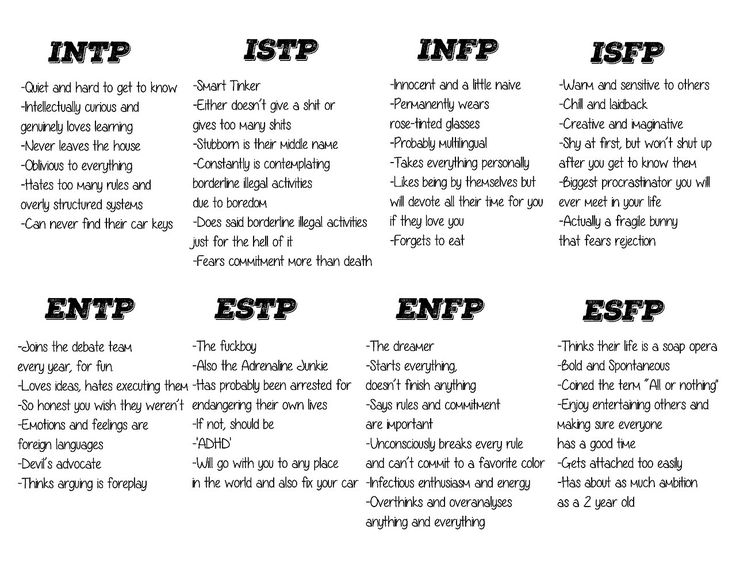 "
"
This extends to work, to morality, to life. nine0003
41. We are afraid of rejection because it makes us feel insecure and disappointed. With this fear, the so-called refusal therapy will help to cope. By getting rejected in response to requests that are insignificant to you, you will get used to this feeling and learn not to be afraid to ask for what is really important to you.
42. During negotiations, we should listen to the interlocutor, and not to our own thoughts.
43. Robert Kennedy once said, “Some people look at how things work and think, 'Why?' I dream of things that never happened and I think, ‘Why not?’.” We all need to ask ourselves more often: “Why not?”. nine0003
44. It is easier to cope with a difficult task not alone, but in a group. The support and encouragement of colleagues sometimes helps much more than personal courage.
45. If you were refused in one place, this does not mean that you and your request are not worth attention.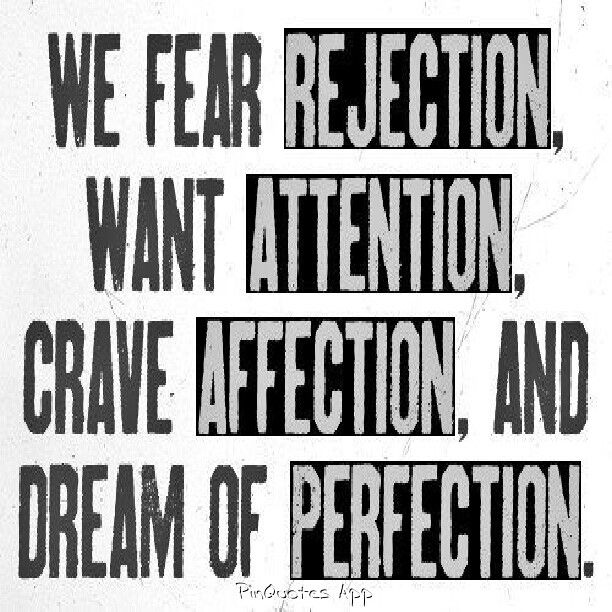
Sometimes you just need to make a request to another place or person.
46. If your request is unusual and bold, first offer to do something similar yourself. This is a great way to connect with a person and start the principle of reciprocity. nine0003
47. Knowledge can be obtained from books, workshops and classrooms. But this knowledge turns into skills only in practice.
48. No matter how noble your goal, always think first about your actions, not about results.
49. Always offer your help.
50. When you are dissatisfied with something in life, try to turn the situation in your favor and enjoy it. This will help you deal with bad moods. nine0003
51. You can weigh the pros and cons for a long time, discuss and wait for the right moment, but you will not achieve anything until you start to act.
The only way to get rid of fear is to look it in the eye.

52. If you live in a big city or work in a busy area where you have to deal with rejection more often, consider this an advantage, not a disadvantage. After all, it motivates you to work on yourself and achieve more. nine0003
53. Everyone likes to learn new things. If you mention information in your request that will help the interlocutor fill the gap in knowledge, the chances of a positive outcome of the negotiations may increase.
54. When we graduate and enter the professional world, we often begin to live as if our lives were planned in advance. We stop doing impulsive acts and enjoying life. But this is wrong: spontaneity makes life brighter and more fulfilling. nine0003
55. Curiosity is common to all people. If you want to interest the interlocutor, ask him a question, the answer to which he would definitely like to know.
56. Don't dwell on results you can't control.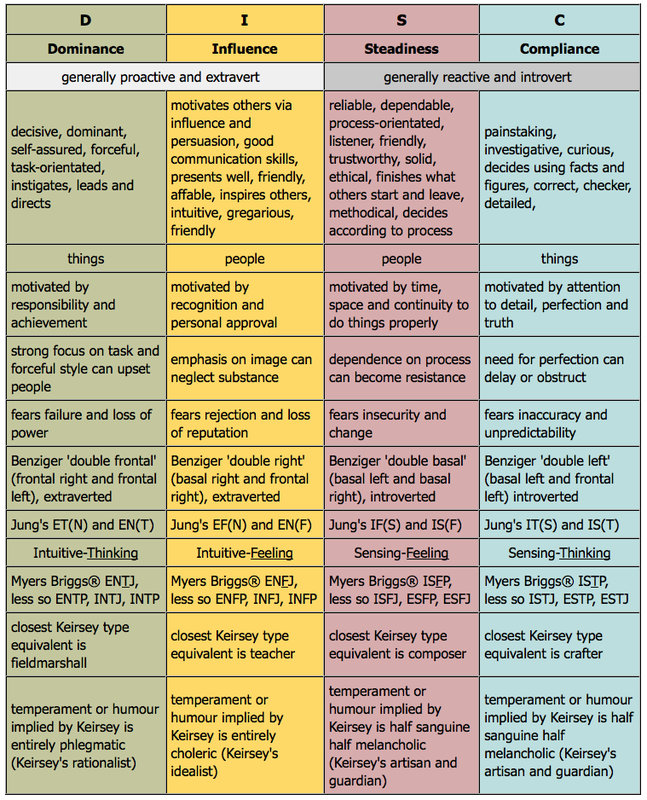
Better think about what you can change. About your actions.
57. Absolutely everyone is afraid. To achieve mutual understanding, we need to reduce the influence of fear on us. When we are not afraid ourselves, we can help others overcome their fears. nine0003
58. Rejection is like a lottery. If you try again and again, you can win.
59. Sometimes, no matter how hard you try and no matter how much you practice, you still won't be able to completely get rid of the fear of rejection. Just act in spite of your fear, and chances are you won't regret it.
60. The main life hack: focus on your business, not on someone else's opinion.
Because of the so-called spotlight effect, we are afraid to do extraordinary things and take risks, because we believe that others will notice our oddities and failures and judge us. But in reality, no one cares about us. And even if someone expresses their opinion, why should we care? nine0003
And even if someone expresses their opinion, why should we care? nine0003
There are billions of people and billions of opinions in the world. Constantly worrying about what others will think, we will inevitably begin to adjust to their expectations or, even worse, to our ideas about these expectations. As a result, we will live an ordinary life.
So try not to focus on yourself, focus on your business and help others.
Read also 🧐
- Fear of failure: the mind trap that keeps us from growing
- How to become more successful by taking risks: 3 simple steps
- “I myself!”: why we refuse help and how to learn to accept it 0307
- Manuel J. Smith Self-Confidence Training, Speech, 2002.
- Vladimir Levy “The Art of Being Yourself”, Globus, 2000.
- Petty Brightman, Connie Hatch “How to say no without guilt”, Ripol classic, 2004.
- Determine what is acceptable to you and what is not. Difficulty with rejection often arises from the fact that we are drowning in uncertainty, lost in doubt. Therefore, we should first of all understand our priorities, know what we stand for, what we want to protect. nine0302
- Learn to state your requirements in the affirmative. “I don’t want this” or “I can’t take it anymore” sounds like a denial. On the contrary, we must assert our position. So look for the answer to the question "What do I want?" (instead of "What don't I want?").
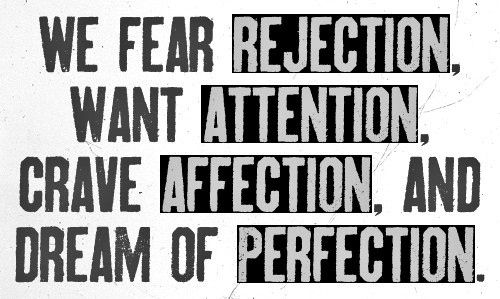
- Consider the benefits that can be derived from the ability to say "no" in a given situation. Visualizing these positive aspects gives confidence.
- Assess the risk you feel you are taking by saying no. You may find that in reality it is smaller than you think. And often it can be much less! Such an analysis of the situation allows you to be more sober about your fears. nine0302
- Distinguish between a person's personality and their behavior. Too often we think that saying “no” to a suggestion is to say no to the person who made it. But it's not! It is worth realizing that it is the fear of offending another that prevents us from saying “no”.
- Finally, work your way up gradually, that is, start answering "no" in situations where your refusal will not cause much loss. And then, feeling more and more confident, you will be able to express your disagreement in more difficult, disturbing situations. nine0302
Why are we afraid to refuse | PSYCHOLOGIES
16,575
Know Yourself A Man Among Men
Each of us has had occasion to agree or say "maybe" when we really really wanted to say "no". Decisive, irrevocable, meaning refusal, rejection and even opposition, this short word of one syllable remained unpronounced.
Such silence can hardly be explained by a simple and understandable desire to be polite. The inability to refuse rather indicates that we lack self-confidence. Why is this skill so necessary and so difficult to come by? The existential psychotherapist Svetlana Krivtsova answers. nine0003
Why is it important to be able to say “no”?
This skill allows us to define our place among other people and helps others recognize this place for us.
“By denying something, we defend our idea of what is acceptable for us and what is not,” Svetlana Krivtsova clarifies. - When we say: “No, I won’t go to the cinema with you, I need to stay at home” or “No, I can’t stay late at work because I have a meeting”, we take care of our own desires and interests, about which is precious and important to us. nine0003
Conversely, when we constantly follow the lead of others, we run the risk of being subordinated to other people's desires and deviating from the path that leads us to our own goals. This can lead to the fact that we will not be able to answer ourselves the questions “Who am I?” and "What do I want?"
This can lead to the fact that we will not be able to answer ourselves the questions “Who am I?” and "What do I want?"
Is it hard to say yes?
If it's hard to say "no", does that mean it can be just as hard for us to say "yes"?
Often this is exactly the case, because in both cases we are talking about the unwillingness to be oneself, to assert one's position. nine0003
A person who finds it difficult to say "no" cannot really say "yes" because he does not have a clear idea of what he (does not) really want. It happens, however, in another way: for some of us, refusal is easy, and consent is difficult.
“When we say “yes” to something specific, it means that at the same time we say “no” to everything else, say goodbye to countless other options, explains Svetlana Krivtsova. - To firmly answer "yes", we must have a clear idea of what we want, in what we see interest or meaning for ourselves. But often this is where we are not clear. And it’s easier for us to refuse, thus preserving the possibility of choice.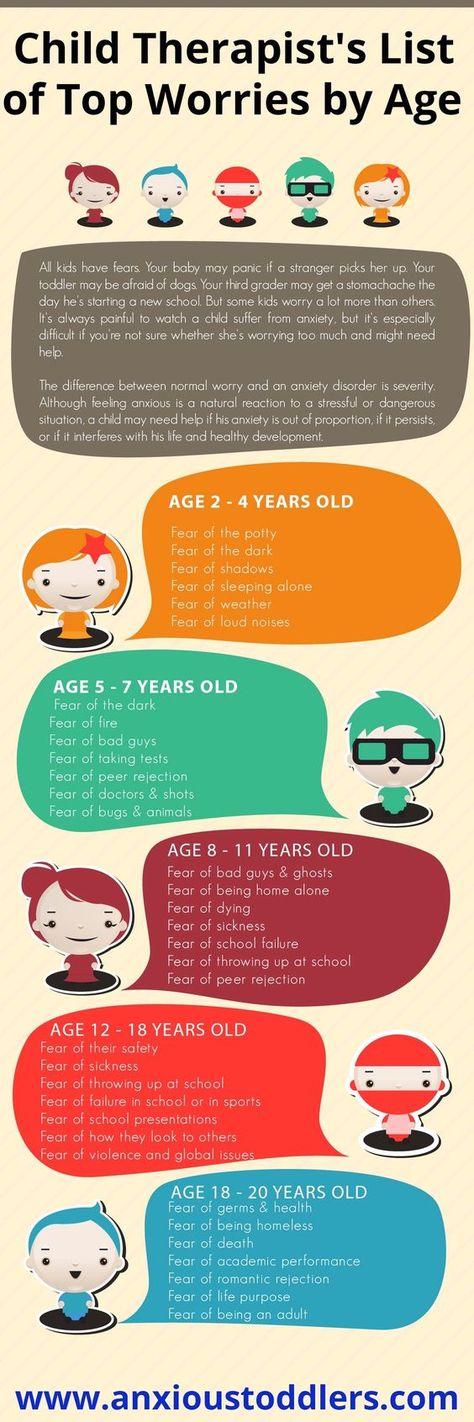 ” nine0003
” nine0003
Is it always a desire to avoid conflicts?
This reason always comes first. We are afraid of the power of superiors and therefore do not object to him. We strive to maintain the interest, love of a partner - and we try to please him, we fully tune in to his wave.
“Each of us is connected with many people,” continues Svetlana Krivtsova. - We value these relations, but at the same time we want to preserve our “I”. It is more comfortable for those of us who manage to combine these desires. nine0003
What happens when, in an attempt to avoid conflict, we always agree?
“The effect of false harmony appears,” answers Svetlana Krivtsova. “Keeping relationships becomes more important than being yourself.” This logic of relationships is easily learned by children. Parents, often without even realizing it, teach them the same wordless submission: "Hush, don't make noise, otherwise dad will get angry."
The same logic is supported by the stereotypes traditional in our society: “you can't show your negative feelings” or “a woman should be soft, accommodating”.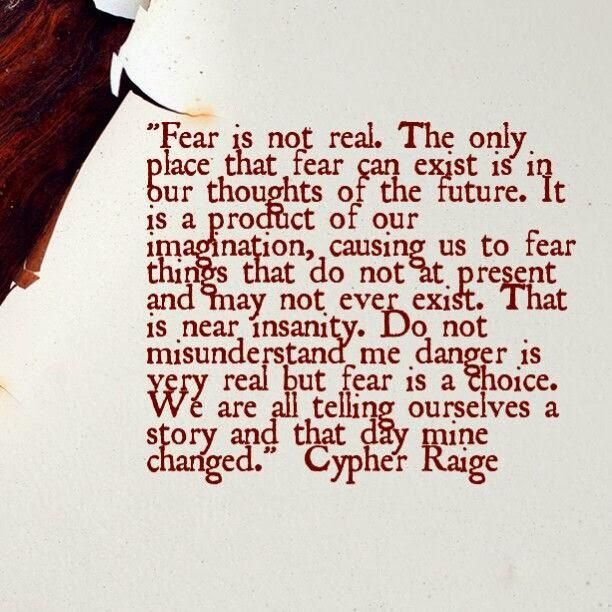 nine0003
nine0003
“Note that our body can say “no” for us,” the expert clarifies. - If a woman is not able to recognize her husband as a tyrant, her body becomes frigid, indifferent. If an employee is mercilessly exploited at work, his body says “no” to illness, hypertension or severe colds and, accordingly, a sick leave.”
Two: Saying "no" and explaining why
In sexual relationships, many women prefer to force themselves into accepting what they don't like and pretend rather than tell their partner "no". They explain this by the fear of offending him, disappointing him, deceiving his expectations and (the worst thing) losing him. The paradox is that those who pretend and lie are at much greater risk than those whose relationships are honest and built on openness. Psychotherapists explain: if we say “yes” and at the same time we think “no”, we lose contact with our own body, and therefore access to pleasure. By pretending, a woman reduces her chances of feeling desire again.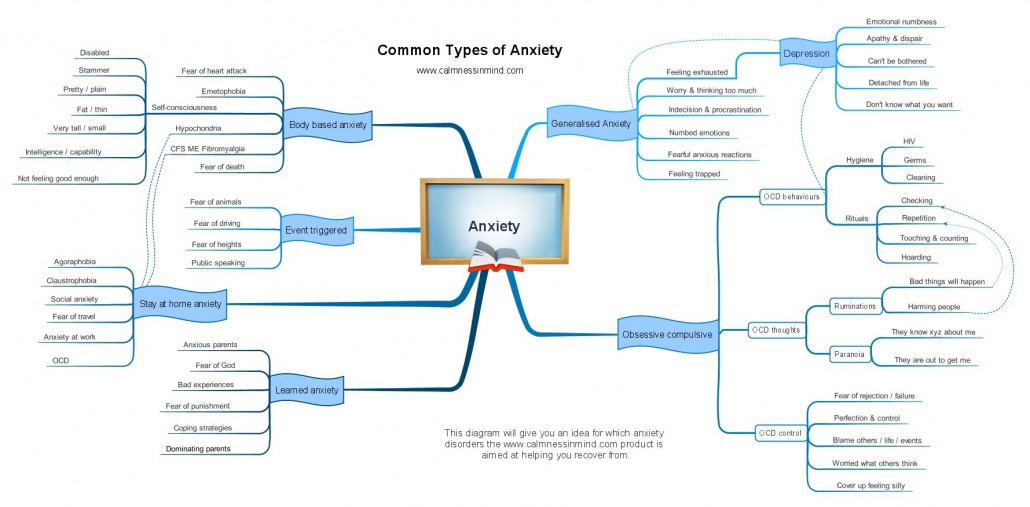 And a man's desire weakens, because he, feeling a catch, loses confidence that he gives pleasure to his partner. How to be? Say "no" - and explain to the partner what we want, what we like and what we don't. So we open before him the opportunity to better know both our body and our desires. Thus, the couple's intimate relationship develops towards sexual understanding, and this is probably the best remedy against the desire to say no. nine0003
And a man's desire weakens, because he, feeling a catch, loses confidence that he gives pleasure to his partner. How to be? Say "no" - and explain to the partner what we want, what we like and what we don't. So we open before him the opportunity to better know both our body and our desires. Thus, the couple's intimate relationship develops towards sexual understanding, and this is probably the best remedy against the desire to say no. nine0003
In different areas of life
Is it equally difficult to say "no" in different areas - professional, friendly, marital?
It all depends on what exactly caused this difficulty. For example, someone who experienced abuse as a child or grew up with the belief that others can love him only if he agrees with them on everything, lives with the confidence that to refuse is to put himself in danger.
Such a person is not able to launch the “program no” in any of the areas of his life: neither in work, nor in friendship, nor in love. nine0003
nine0003
The more tender feelings we have for a person, the more difficult it is for us to assert ourselves in communication with him.“For example, many of us easily defend our boundaries at work, but turn out to be overly tolerant and malleable in relationships with a partner or parents,” says Svetlana Krivtsova. “In fact, the more tender feelings we have for a person, the more difficult it is for us to assert ourselves in communication with him.” nine0003
Is it possible to learn to refuse?
It is possible, although the more we get used to the "compromising" type of behavior, the more difficult it is to do so. Still worth a try.
“Ask yourself: what am I afraid of when I dare not refuse? — suggests Svetlana Krivtsova. - Weigh what you gain and lose. Imagine what could happen in the most extreme case. If your research shows that you will lose more than you have now, then it makes sense to leave everything as it is.
If nothing terrible happens, then you can try to stand up for yourself. nine0003
In order not to lose our "I", we should listen to ourselves more often: what do I really want?A beautiful example is the story of Andy Sachs, the heroine of the film The Devil Wears Prada. She never said no to her boss, the domineering and demanding Miranda Priestley. As a result, Andy lost her personal relationship, broke up with a young man. But it was this gap that helped her determine what was dear and important to her.
Her “no” to Miranda is very effective: she throws her phone bursting with calls into the fountain and leaves. And it is by this act that he wins the respect of his boss. nine0003
“The charm of a person who knows how to define his boundaries, but at the same time does not enter into an open conflict, is so great that it affects even absurd bosses,” comments Svetlana Krivtsova. “However, such radical actions are difficult, and not always necessary.
It is much more useful to learn to defend yourself and your interests in small steps: perhaps while I cannot achieve complete justice in relation to myself, but at least I can do something for myself!
Can the skill of answering “no” be acquired once and for all? nine0319
To be a self-confident person, to be able to refuse, to agree - we acquire these skills in childhood. And then we bring it to perfection when we learn to be delicate: we defend the boundaries, trying not to offend others.
However, over time, ideas about what is acceptable to us and what is not can change. Just like our thoughts, moods, attitudes. It is quite natural that beliefs in 20 and 40 years are different, and on those days when we are in a good mood, we are more tolerant of others. nine0003
On the other hand, any person, even one who is quite self-confident, can suddenly feel vulnerable. And to discover that the harmonious system of his beliefs collapses before a difficult life situation - a difficult experience of a quarrel, parting, or the loss of a loved one.

In order not to lose our "I", we should listen to ourselves more often and ask ourselves the question: what do I really want?
About This
Useful exercises
turn your fake yeses into constructive nos.
Text: Nadezhda Vasilevskaya, Elena Shevchenko
New on the site
Why setting goals is harmful: 3 main reasons
“My mother and I were one, but three weeks ago she died.

